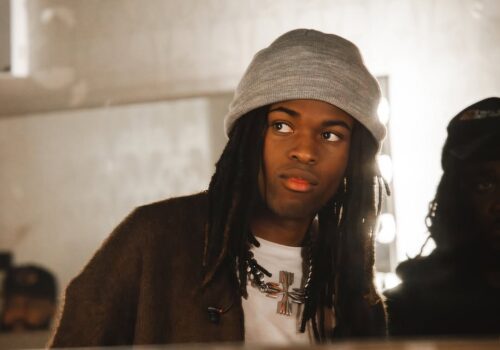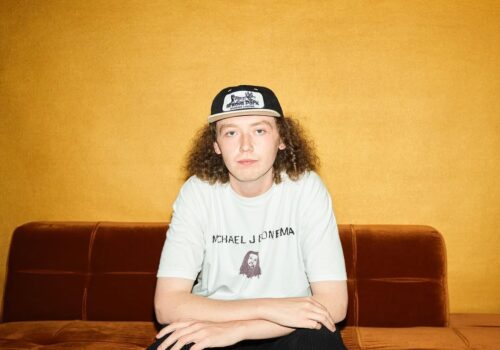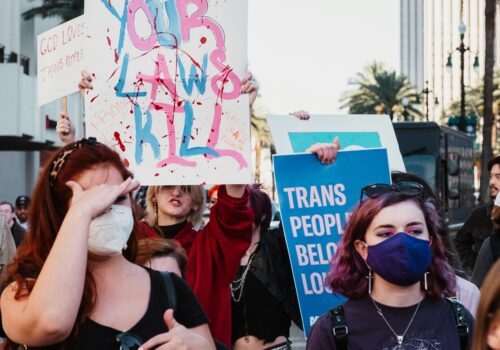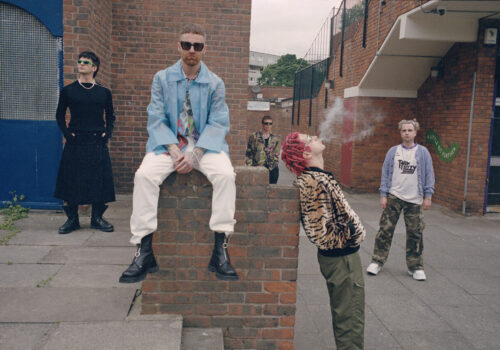Irish Artists Are Withdrawing From an Exhibition in Berlin, Here’s Why
Image: Kate Nolan, LACUNA
Words: Izzy Copestake
Photo Museum Ireland, IKS Düsseldorf and Haus am Kleistpark’s exhibition in Berlin is titled Changing States: Ireland in the 21st Century. As the title suggests, this exhibition is set to be highly political. Openly documenting themes of “Political Landscapes”, “Notions of Home” and “Changing Identities”, it’s set to be the largest group exhibition of Irish photography presented outside Ireland to date.
However, at least 11 artists haven now chosen to withdraw. Ireland has recently recognised Palestinian statehood, and is widely considered the most pro-Palestine country in Europe. These artists feel that as this is exhibition about Ireland, with explicitly political themes (some of which being colonial occupation), there work should not be shown in Germany. Diplomatically, Germany is one of Israel’s closest allies in Europe. The phrase “from the river to the sea” has been banned there since November 2023, with violators facing jail time. In early 2024, the German government cancelled a stream of cultural events that show solidarity with Palestine and Berlin implemented a funding clause which would not allow those critical of Israel to receive financial support from the city.
We’ve seen reports of German police using violence to suppress pro-Palestinian protests in the country.
So why is Photo Museum Ireland’s exhibition taking place in Berlin? Well, this is part of the Irish and German government’s Zeitgeist Irland 24 programme, which is government funded and aims to bring “a new generation of Irish artists to German audiences”. Earlier this year CTM festival platformed a number of Irish DJs under the same funding programme, and artists such as Jyoty and Manuka Honey pulled out in solidarity with Strike Germany: the organisation calling on artists and international cultural workers to strike German cultural institutions, due to the suppression of voices in solidarity with Palestine.
This is”an act of full solidarity with all those experiencing this violent and brutal repression within Germany and centrally, those suffering the continuing horrific attacks in Gaza and the Occupied West Bank.”
Collective statement from artists withdrawing from the exhibition
Now, Irish artists who were set to participate in the exhibition are doing the same. Kate Nolan, Mark Curran, Clare Gallagher, Ruby Wallis, Sara McCarroll, Caleb Daly & Luke Ryan, Dragana Jurišić, Miriam O’Connor, Mandy O’Neill, Emer Gillespie and others have all formally announced their withdrawal from the exhibition. In light of the context of suppression of pro-Palestinian voices in Berlin, the German government’s arms funding to Israel, and calls from Strike Germany, the group have issued a collective statement, part of which clearly outlines that the artists’ “withdrawal is an act of full solidarity with all those experiencing this violent and brutal repression within Germany and centrally, those suffering the continuing horrific attacks in Gaza and the Occupied West Bank.”
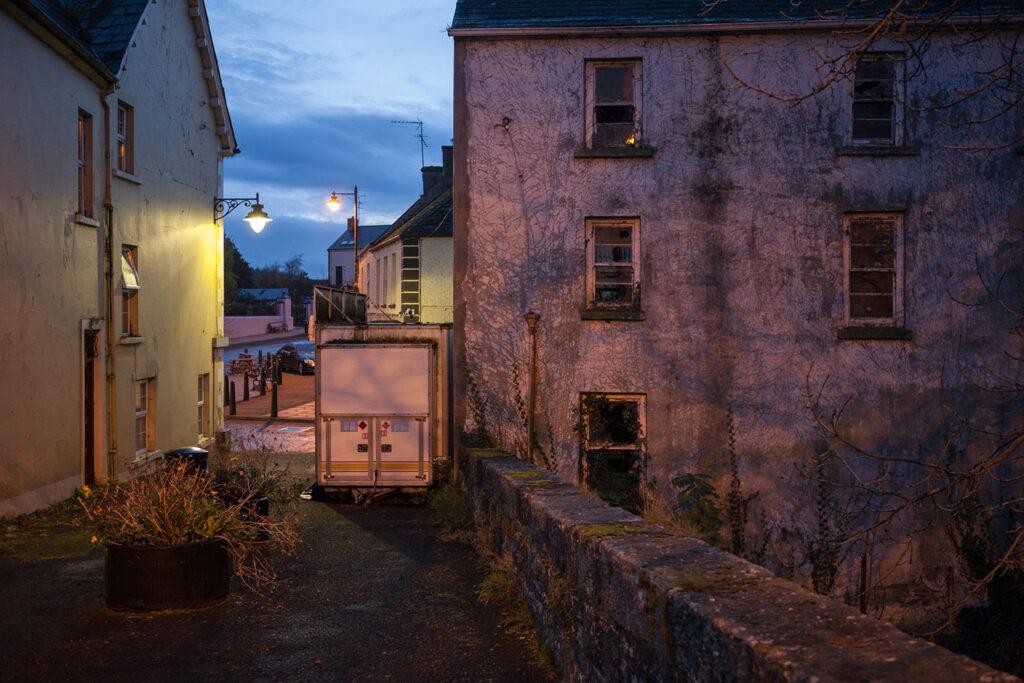
As part of their withdrawal, the artists have requested that Photo Museum Ireland, IKS Düsseldorf and Haus am Kleistpark, highlight their absence in the exhibition through the use of empty walls, accompanied by a statement which outlines the the reasons for their withdrawal. They also requested that their decision to withdraw, and the reasons behind it, be publicly displayed online and published media in relation to the exhibition. This request has been denied.
In a statement to District Magazine, Photo Museum Ireland explained that as a charity, they are unable to make political statements without losing their charitable status, as per the rules governing charities.
“As a registered charity Photo Museum Ireland is precluded from endorsing or promoting political causes that fall outside our mission. We are therefore unable to include the artists’ statement provided. We have issued a statement on our website acknowledging the withdrawals from the exhibition, as have our partners Haus am Kleistpark and IKS Photo Düsseldorf.” The full statement can be found here. In conversation with District, representatives from Photo Museum Ireland expressed that they respect the artists’ right to protest, but also acknowledged the artists choosing to remain in the exhibition, stating that “it is equally important for us to consider the position and reputation of the artists who have decided to remain in the exhibition. They share the concerns of those who have withdrawn but also recognise the importance of their work being part of this exhibition. Some have indicated that they will donate their Photo Museum Ireland fee to pro-Palestinian causes.”
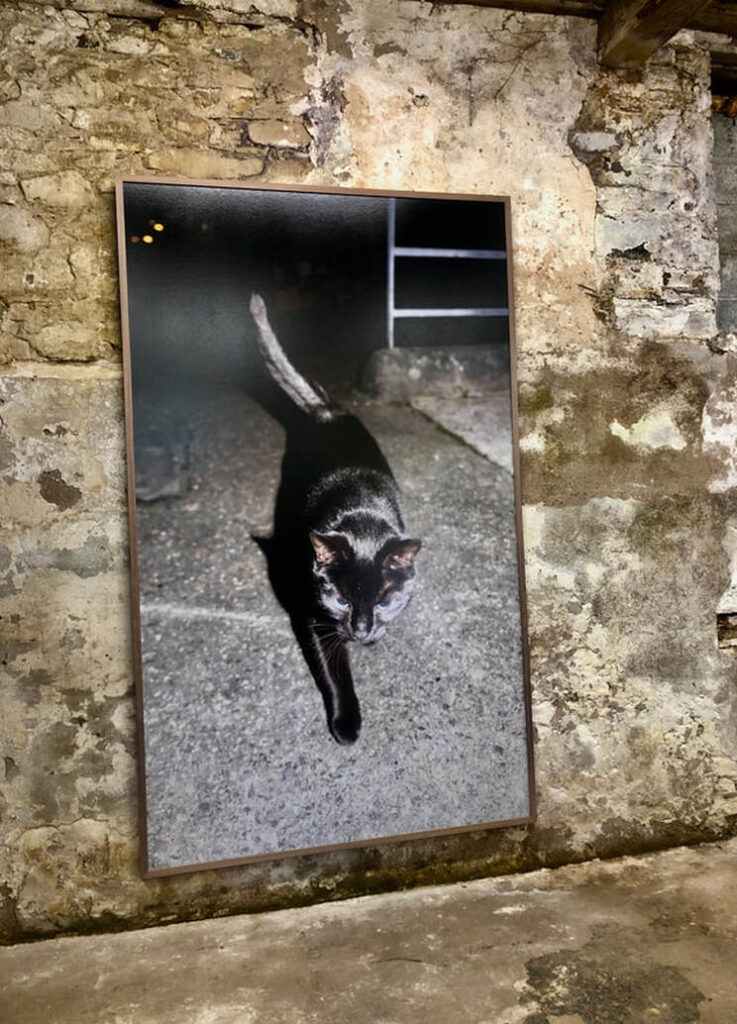
We spoke to a number of the artists who have withdrawn about making the decision in solidarity with the people in Palestine, many of which state that there has been no dialogue around the issue. Artist Kate Nolan was invited to participate in the exhibition in January, and include her work LACUNA which explores the physical and psychological impact of partition on young people of the Irish borderlands. Concerned by the silencing of artists in Germany, Nolan told District that she questioned the institutions involved on “how they were going to address this situation in Germany within an exhibition that seeks to be ‘politically engaged'”, and said she received “no definite answer”. Ruby Wallis has also stated that the decision to withdraw is a small sacrifice to make “As an artist, I feel strongly about using my platform to advocate for what I believe in. To me, this decision is a small sacrifice compared to the silencing of protesters and victims of violence, and I hope it will raise awareness and show solidarity.”
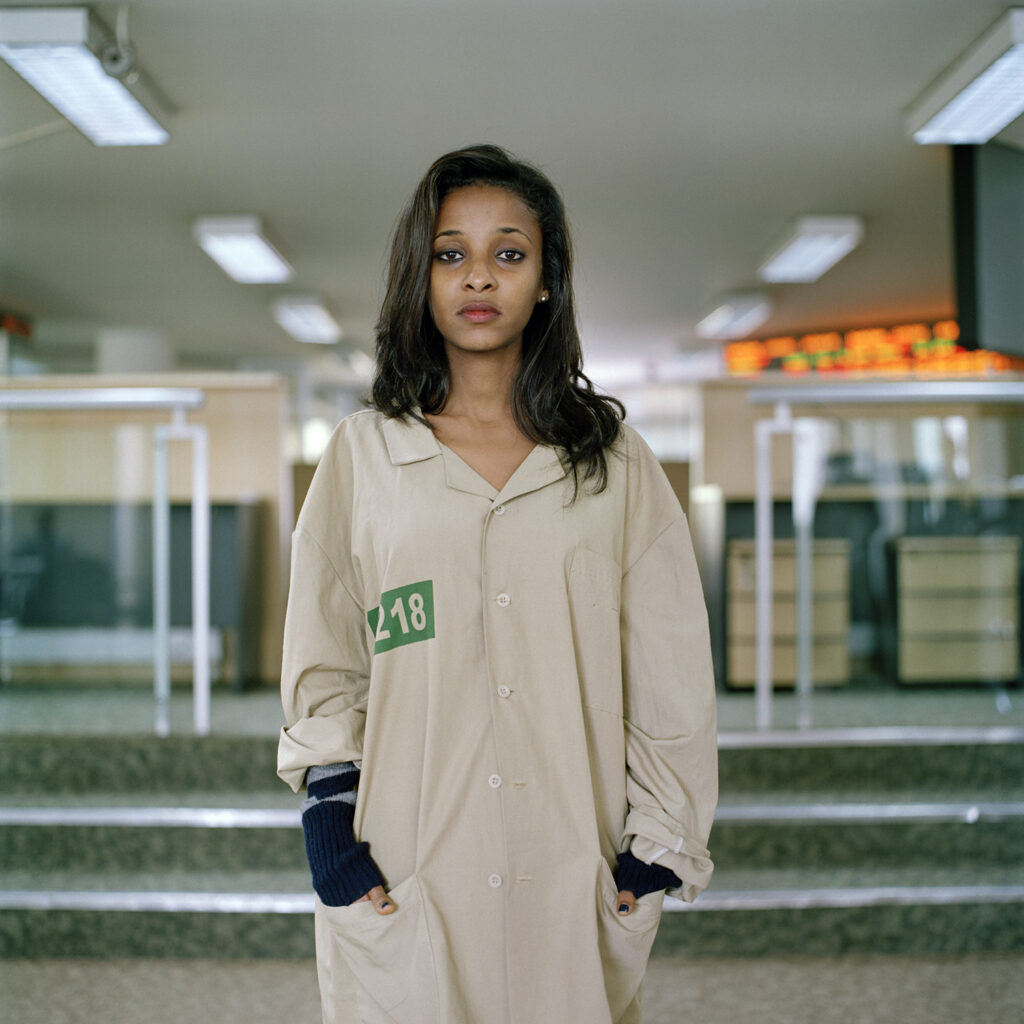
“I’ve personally witnessed violence against protesters, young children, pregnant women being thrown to the ground and arrested – for nothing”
Mark Curran (on witnessing police brutality at Pro-Palestine marches in Berlin)
Activist artist and educator Mark Curran was also set to participate in the exhibition, but maintained that without a ceasefire, he would not be able to participate due to Germany being the second largest arms supplier to Israel. “I’m just disappointed that it had to come to this, I’m saddened. Photo Museum Ireland has always been a huge support to me, so this decision was not easy in any way.” Curran has lived in Berlin for 21 years, and has recently witnessed first hand Germany’s suppression of pro-Palestinian protests. “Since October we’ve seen people be arrested for saying free Palestine, for anti-Semitism. The Keffiyeh scarf was illegal, and they banned all protests in the beginning. I’ve personally witnessed violence against protesters, young children, pregnant women being thrown to the ground and arrested – for nothing.” Curran went on to say “part of the exhibition’s statement mention’s freedom of speech without restriction – that isn’t automatic in Germany anymore. There hasn’t been any dialogue around our requests, we have just been told no individually.”
Artist Emer Gillespie has withdrawn. Via a post on Instagram, Gillespie highlighted how the Irish nation has a deep connection with Gaza, due to the shared history of colonial violence, occupation and oppression. The post also stated that “this is a direct response to the German government’s response to the genocide in Gaza.”
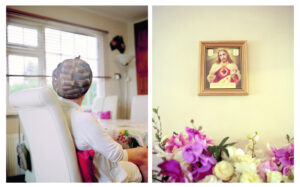
Caleb Daly & Luke Ryan have also withdrawn. The pieces were prints of Land League protest banners, updated to critique the current housing crisis and the government. Speaking to District, the pair stated that “We have the freedom of speech to be able to do this. The german people must be allowed to voice their opposition to the arms funding of the Israeli State and to end the possible genocide in Gaza. There is no democracy without protest.” Miriam O Connor echoed this idea, stating that “my decision to withdraw from ‘Changing States: Ireland in the 21st Century’ engages with the concept that artists have capacity and agency to use their work for protest and resistance.”
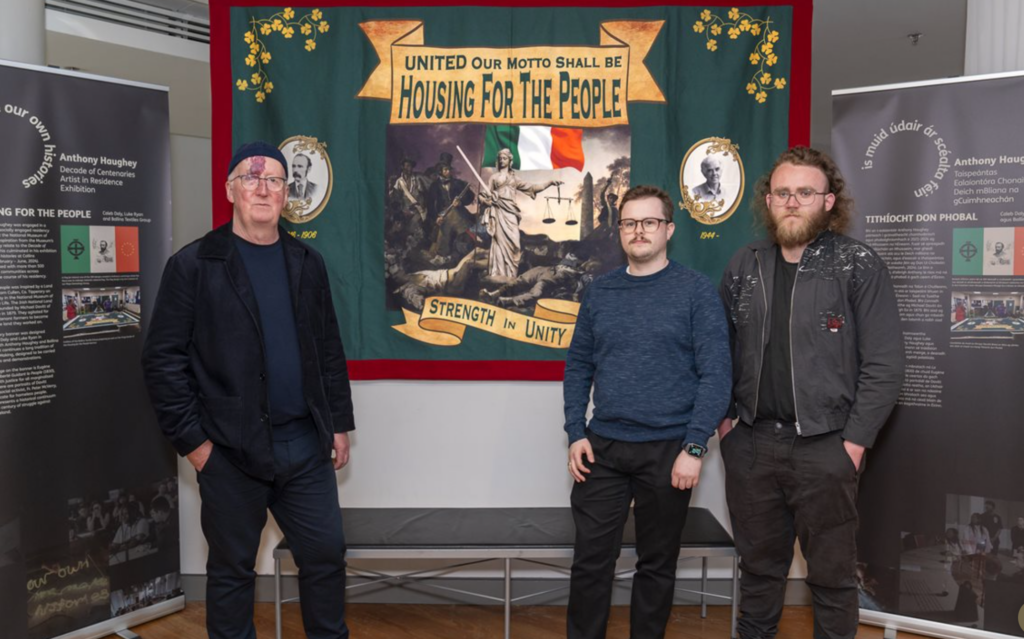
The exhibition only opened yesterday, but dialogue around the controversy is ramping up online. The artists who withdrew took to Instagram yesterday to express that their withdrawal is an act of protest. Photo Museum Ireland have expressed a respect for the artist’s right to protest.
,

